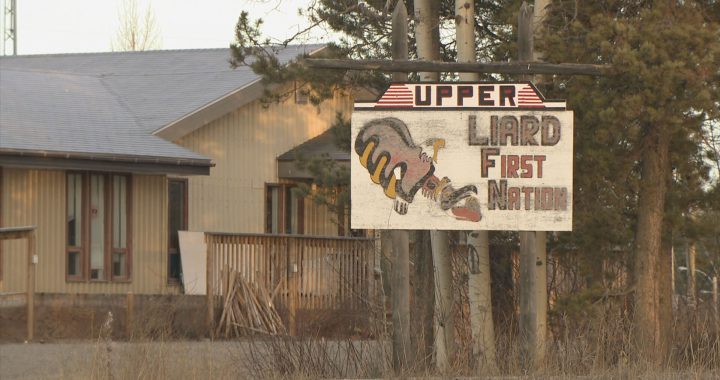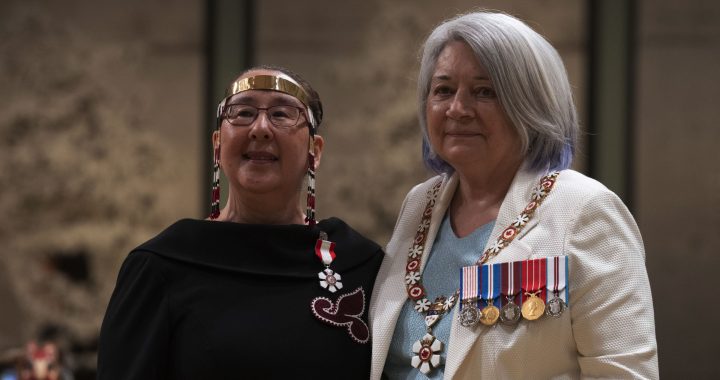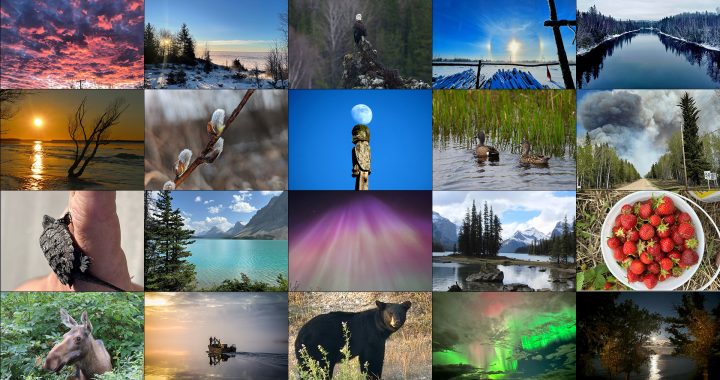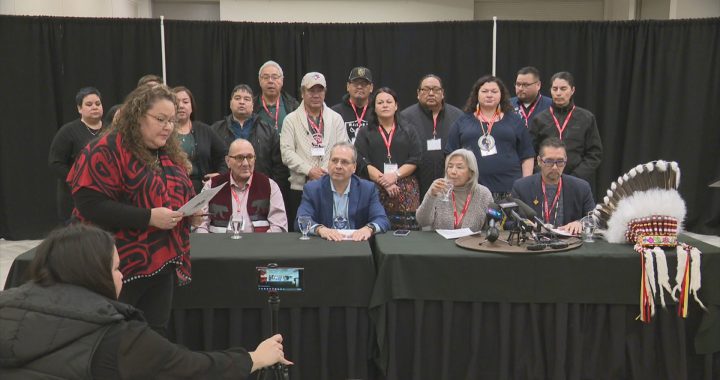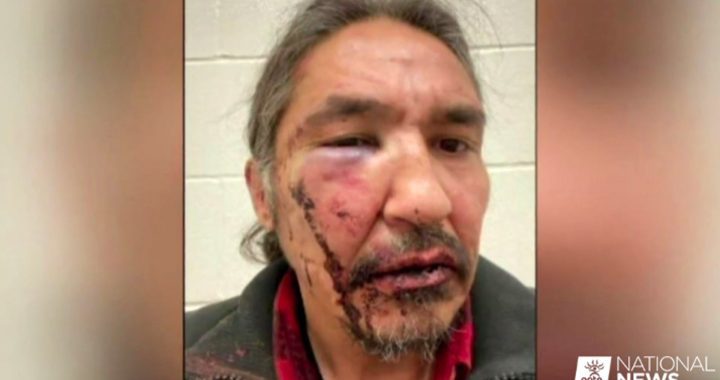Every First Nations person who has presented a status card to a retail clerk knows the drill – and a new report confirms the suspicion.
Harmony Johson, co-author of the report They Sigh or Give You the Look, told APTN’s Nation to Nation it’s reflective of the experience of over 1,000 poll respondents across Canada
“[It] just seemed to me what we were hearing over and over again, from all of those lines of evidence -which is ‘when I pull out my card I experience people disengaging.’ ‘I am made to feel I am a hassle to the people around me.’ ‘I’m made to feel like I’m forcing the clerk to go through extra labour on my behalf.’ ‘There’s huffing and puffing around me,’” Johnson explained.
“It’s like constant micro-aggression that people are experiencing just going through their day-to-day life, and that accumulates and causes racial stress, and weathering, and stress and distress. And we know as Indigenous people or people with status cards, we tell each other these stories. So we know this is true,” she added.
The recently-tabled report, commissioned by the Union of BC Indian Chiefs, found that “encountering racism when using status cards is a near-universal experience.”
The catalyst for its production was the 2019 arrest and detainment of Maxwell Johnson, a Heiltsuk carver, and his 12-year-old granddaughter after they attempted to open a bank account at a Vancouver BMO using a status card.
The Johnson family has since received a private apology from BMO, an undisclosed settlement, and a promise the bank would adapt its policy regarding status cards.
“The horrible treatment that Maxwell went through is really on the extreme end – it’s unacceptable, and it’s the kind of thing that makes people react, and that brings attention to this issue,” according to Harmony Johnson.
In a press release responding to the report’s findings, Union of BC Indian Chiefs’ Grand Chief Stewart Phillip said he hopes the 72-page report will initiate better education in Canada about the issuing – and use of – Indian status cards.
Johnson told Nation to Nation she agrees.
“We’re really in this period, as Canadians, of truth-telling in a different way,” she added.
“I think this is yet another truth – and set of truths – to be told about the system of the Indian Act, about the system of status that’s been imposed on us.”
Climate change, emergency relief, and COP27
Another report released this week finds Indigenous Services Canada’s disaster relief support is itself a bit of a disaster.
In her assessment, Canada’s Auditor General, Karen Hogan, found the Federal government tends to favour a “reactive” rather than “preventative” approach when it comes to climate-related emergencies.
“Indigenous Services Canada, while they made a commitment to ensure that those [culturally adapted] services would be available, haven’t really done the work to make sure that they are there – and they’re not following up even when communities are evacuated if they’re receiving those culturally appropriate services,” Hogan explained.
Over the last 13 years, First Nations communities experienced more than 1,300 emergencies – many of them, related to extreme weather events, according to Hogan’s assessment.
Speaking to Nation to Nation from Egypt, climate activist Eriel Deranger said she’s observed similar frustrations about climate inaction during the United Nations two-week COP27 summit.
“We don’t need carbon markets that don’t reduce emissions – we need climate justice systems. And this is what [activists] are saying: they’re pissed. They’re like ‘you’ve all destroyed our future – so we’re going to destroy this piece of art,” Deranger said, in reference to the spate of demonstrators choosing to lob paint at artwork in prominent museums as protest.
“Sometimes it doesn’t feel good for us – for older generations to see that – but we have to understand what is driving our young people to do this – and we really need to take stock of what we should be doing to address the legacies of harm to the planet, and to our people, and address that for future generations.”






